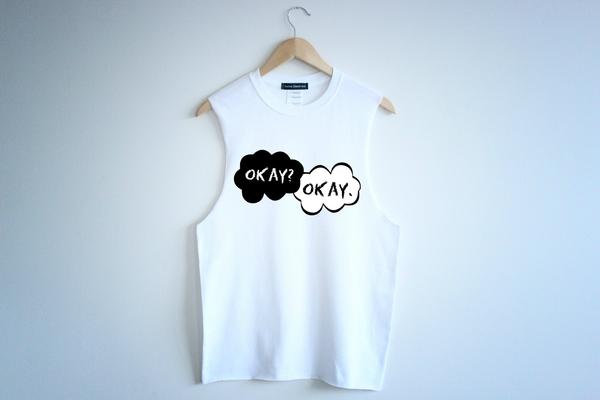There are two words that we use just about anywhere, ‘sorry’ and ‘thank you’. If you’re late, you’re sorry, if you slip by mistake then you’re sorry, if you pause for a few seconds in between a sentence, then also you’re sorry. But why are you sorry? The word is more of a fill in the blank situation, when you have nothing to say, you say ‘sorry’. Let’s try these words for a change and perhaps the use of ‘sorry’ will be limited to when you actually feel ‘sorry’.
1. Whoops
Typically, adding in a “whoops” or something similar is a nice way to take responsibility for something going wrong without needing a full-blown apology.
2. Thank You
If someone points out a small typo in the rough draft of a presentation you put together or helps you wipe up some coffee you spilled on the conference table, a “thanks” is more in order than a “sorry.”
3. Okay
At situations when you’ve done the right thing and you’re questioned about it, just move along by saying okay. There is never a need to say sorry when you haven’t done anything wrong.
4. How sad
At a serious situation where something bad just happenes, you can bring out your thoughts by saying ‘how sad that this happened for you’. Rather than using sorry to show your sympathy.
5. Fill the air
Instead of: “We need to … sorry … first, get the correct data from Finance.”
Try: “We need to < Pause | Silence >, first, get the correct data from Finance.”
6. Frustrating instead of sorry
Instead of: “I’m sorry you were late because of terrible New York City traffic.”
Try: “How frustrating that you were late because of that awful traffic.”
7. Own the mistake
Here are plenty of times when it’s appropriate to apologise at work. The key is not only to say “sorry,” but also to express why you are sorry.
Author’s Name : Pulkit Kalra











